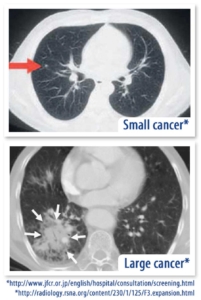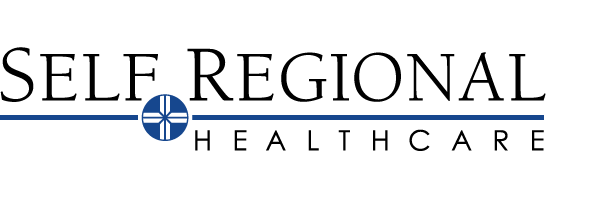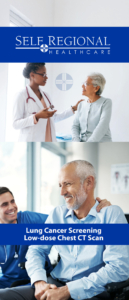How common is lung cancer?
Lung cancer is the leading cause of cancer death in men and women in the United States. Each year lung cancer causes more deaths than breast, colon and prostate cancer combined.
Who is at risk?
- Smokers and former smokers have a higher risk of developing lung cancer.
- The longer you smoked and the earlier the age you started smoking, the greater the risk of lung cancer.
- Being exposed to polluting agents such as asbestos, radon, silica, soot, coal smoke and diesel fumes may increase your risk of contracting lung cancer.
- A history of previously treated cancers, particularly lymphomas or head and neck cancers, may increase your risk as well.
One of the keys to successful lung cancer treatment is early detection. Unfortunately, lung cancer produces very few symptoms, if any at all. This is why many people do not see their doctor until their cancer is quite advanced. When lung cancer is detected in its later stages, it has often compromised the function of one or more vital organs and has spread throughout the body. Early stage lung cancer; however, can typically be treated successfully and carries a much better prognosis.
What is a lung cancer screening?
Screening means looking for lung cancer when there are no symptoms or clinical signs of the disease. Screening may detect the disease early on when treatment may work best. See brochure.
 About Lung Cancer Screening with Low-Dose Chest CT Scan
About Lung Cancer Screening with Low-Dose Chest CT Scan
How does low-dose chest CT detect lung cancer? Chest CT can detect nodules in your lung as small as 1/8 of an inch; however, a chest CT cannot tell if these nodules are cancer. Because no test is 100% accurate, it is important to understand the limitation of this screening.
It is possible that you may have an underlying medical condition, including lung cancer, that goes undetected by the screening chest CT. This is called a false negative. It is also possible that this screening chest CT exam may reveal findings that mimic or are suspicious for lung cancer when, indeed, you do not have lung cancer. This is called a false positive.
In such cases, you may have to undergo additional imaging tests and even a possible biopsy by a radiologist or thoracic surgeon to prove that the findings seen on the screening chest CT are not lung cancer.
Lastly, the screening chest CT may reveal findings not related to your lungs that may require further work-up with additional diagnostic tests and imaging studies.
Who is eligible for low-dose CT (LDCT) screening?
- Individuals age 50 – 77 years
- Asymptomatic (no signs or symptoms of lung cancer)
- Tobacco smoking history of at least 20 pack-years (one pack-year = smoking one pack per day for one year; 1 pack = 20 cigarettes)
- Current smoker, or one who has quit smoking within the last 15 years
- Receive an order for lung cancer screening with low dose CT
Scheduling an appointment
If you meet all the criteria listed above, you may benefit from a low-dose CT screening. If you are interested, please talk to your primary healthcare provider. Your physician can discuss the screening, what you can expect, possible benefits and risks and the limitations of the screening.
For more information about lung cancer screenings, contact our SRH Lung Cancer Navigator, (864) 725-3782.
To order and schedule a low-dose CT, please have your physician call (864) 725-5000.




